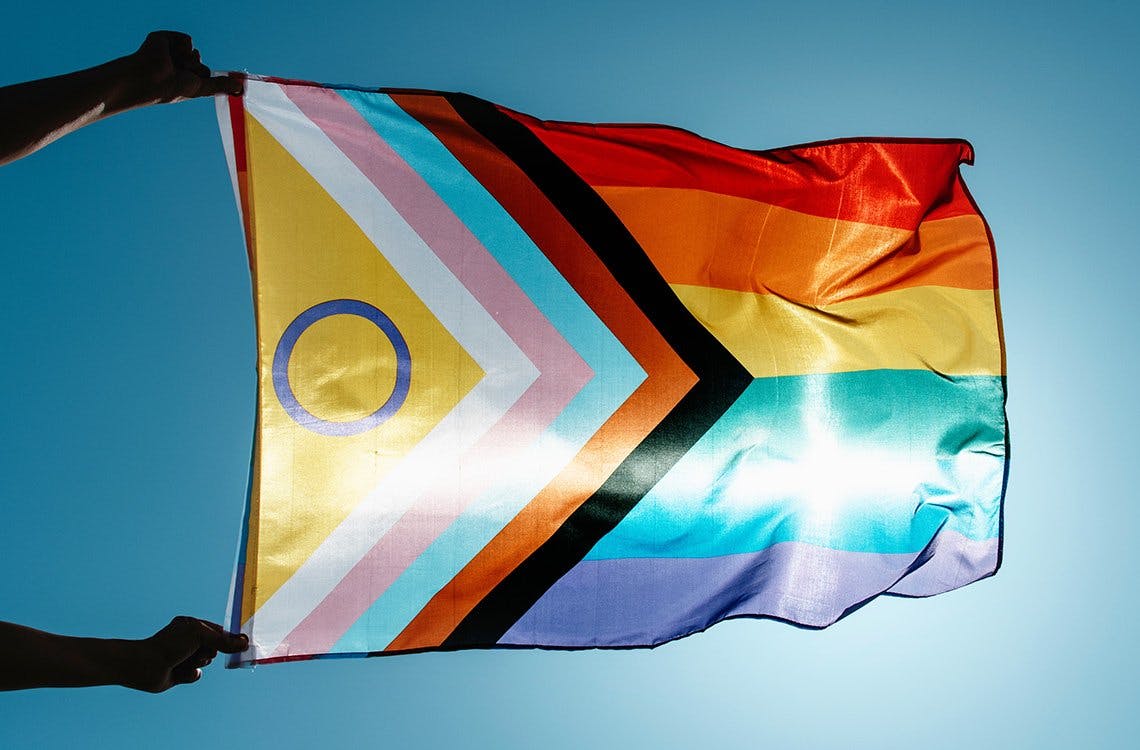
Cash Matters in the Rainbow Economy
A recently published US study shows pride often does not equal prosperity, with LGBTQIA+ people enduring ‘many economic and financial disparities, often driven or exacerbated by experiences of discrimination.’ Today, we explore the role of cash in helping marginalised communities engage with economies and gain some control over their finances.
CLEAR—the Center for LGBTQ Economic Advancement & Research—surveyed over 2,500 lesbian, gay, bisexual, transgender, queer, and intersex adults across America, plus more than 500 non-LGBTQ adults between December 2022 and January 2023. They found more than half of the former group had less than $5,000 in savings, with 20 percent reporting they had none. For comparison, the Federal Reserve’s Survey of Consumer Finances found the median savings among US households overall was $25,700. Only half of LGBTQIA+ respondents in the CLEAR survey said they had been able to pay all their bills that month, versus 62 percent of non-LGBTQIA+ respondents.
Some unique benefits offered by cash are especially important when harnessed by LGBTQIA+ people. Its value for budgeting, which has skyrocketed in popularity as ‘cash stuffing’ continues to trend on social media, is most significant to those in lower income brackets, who are often members of marginalised communities. Financial control can also be more challenging for people saving up to cover medical expenses, such as gender-affirming care. Physical money can be a helpful tool to keep track of spending and make savings where possible.
Half of the LGBTQIA+ survey respondents reported experiencing discrimination—rising to 81 percent for transgender respondents—and 11 percent said they had specifically been discriminated against when banking or using financial services. The advantages of money that can be saved, gifted, and spent independent of any third party are obvious.
The anonymity of cash is also particularly valuable to people at high risk of discrimination, and for whom accessing certain goods and services—often essential to their mental or physical health—may be illegal. Digital footprints left by cashless transactions are questioned by many concerned with their personal privacy and security, but for marginalised individuals, the dangers can be much more immediate and tangible. Additionally, cash can be used independent of ID, which can be a serious problem for people escaping abusive homelives, or those whose gender does not match their official documentation.
Although finances are far from the only challenge facing LGBTQIA+ people this Pride Month, the community’s visibility is seeing improvement in many fields, and cash is no exception. Recent examples include Alan Turing—the father of modern computing and a gay icon—who debuted on the UK’s £50 note in 2021, plus Sally Ride—astronaut, physicist and the first American woman to go to space—and Nina Otero-Warren, a leader of New Mexico’s suffrage movement and the first female superintendent of Santa Fe Public Schools, who have appeared on US quarter coins since 2022.
While official representation is relatively new, we have previously explored unofficial recognition of the importance of the ‘Pink Pound’ (as it was known in Britain), or ‘Queer Cash’, with communities launching grassroots campaigns that saw money on both sides of the Atlantic marked with rubber stamps to highlight the fact that it was circulating in the economy thanks to people in the LGBTQIA+ community.
